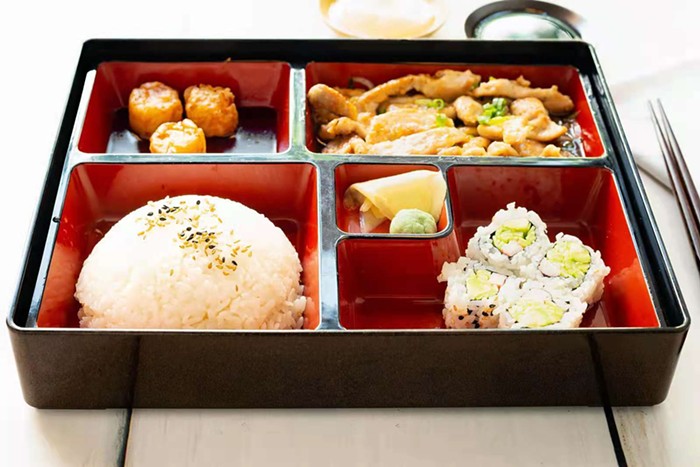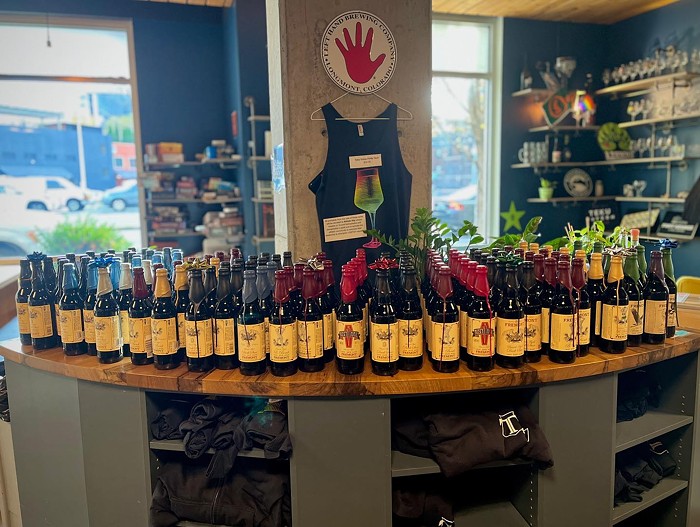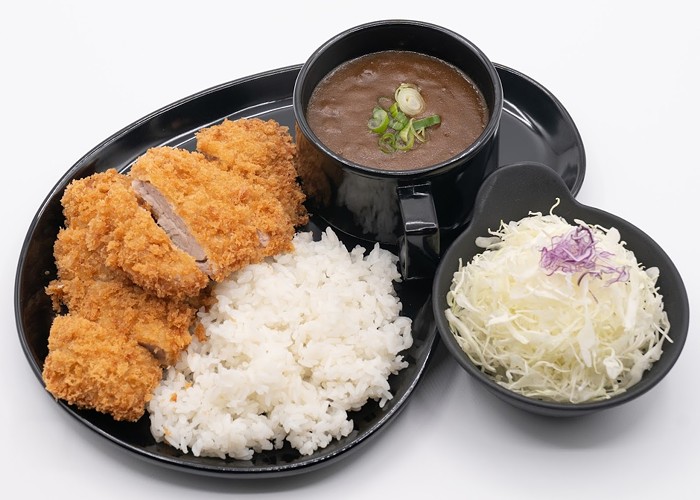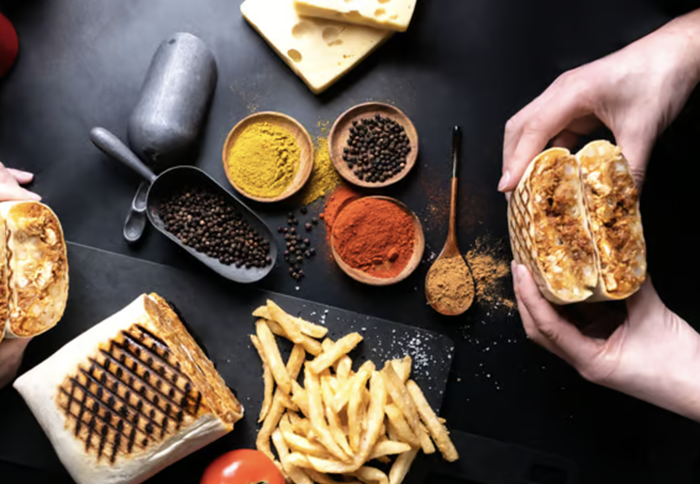
As recently discussed in WIRED and then echoed in the New York Times, researchers increasingly believe that outdoor transmission of the coronavirus is rare. "In one study of more than 7,300 cases in China, just one was connected to outdoor transmission," the NYT reports.
"As long as surfaces are wiped down regularly, patrons and servers are appropriately far apart from each other, and everyone washes their hands with regularity, outdoor café virus transmission shouldn’t be easy," WIRED reports. Because of that, cities around the world are starting to let restaurants extend out into sidewalks and streets.
Last week, Spokane's city council passed an ordinance that clears the way for restaurants to begin "to operate on the sidewalk, in parking spots, or in the road."
Outdoor dining has always been popular in Seattle in the summertime, but can you imagine how the city would look like if SDOT shut down certain streets and let restaurants set up tables and chairs? Remember how cool it looked when they closed Pike/Pine for that experiment a few years back?
What does the mayor's office say? What does the city council say? What does the governor's office say?
"Our first reaction is: this is a good idea," says Mike Faulk, deputy communications director for Governor Jay Inslee. "This is a creative way to conduct business in unusual times where we want to be able to safely get back to work and safely let people do the activities they enjoy."
While acknowledging that expanded outdoor dining could be a lifeline to businesses that don't think they will be able to operate at the "less than 50% capacity" mandated by Phase 2, Faulk cautioned that they had not figured out how exactly this "would fit into our guidance on restaurant capacity. That's something that still needs to be developed, but it's generally something that we like and would like to accommodate."
He added that in the past, Olympia and Seattle have both "allowed restaurant seating to replace street parking, so it wouldn't be the first time municipalities have done this."
The Stranger reached out to the Seattle City Council to see if any council members support making moves like what Spokane just did, but we have not heard back.
When it comes to repurposing Seattle's sidewalks and streets, the Seattle Department of Transportation (SDOT) has the decision-making over that. But if the road in question is a state-owned roadway, Faulk said, "WSDOT tells me that they would like to be accommodating."
Reached for comment by The Stranger last week, SDOT was tight-lipped, saying, "While we are not making any announcements at this time, we want to continue doing everything we can to support local businesses. SDOT is working internally and with our partners across the City to develop a business recovery strategy. In the meantime, we are still accepting permit applications for sidewalk seating per our standard permits..."
But the standard permits offered by the city can mire business owners in months—if not years—of red tape just to turn a parking space into a parklet.
When The Stranger pressed the mayor's office this week for more clarity on SDOT's tight-lipped response—after all, SDOT's director reports to the mayor—the mayor's senior communications advisor Chelsea Kellogg gave us a bit more clarity.
"Yes, we are supportive of this concept and are looking into how we can safely implement outdoor seating for businesses in conjunction with the Governor’s phased reopening plan," Kellogg said.
What do local restaurants think of this idea?
"Restaurants love this idea," says Jeanie Chunn of Seattle Restaurants United, a coalition she just co-founded with Ash Stockham and Francheska Songheng. "Because it's going to increase their capacity. That's the most important thing in a restaurant. In other industries, you can have people shopping from 10 to 8. But in a restaurant, people only eat at prescripted times. So if you don't have enough seats to occupy all those people that want to eat at those times, then they go somewhere else. If you're only able to offer 50 or 75 percent capacity, you lose out on all those seats. And real estate is so expensive. So every foot matters."
Chunn has worked in the Seattle restaurant industry for 20 years. Her experience includes important roles at Cafe Campagne, Canlis, the Corson Building, and most recently Renee Erickson's empire Sea Creatures (where she was laid off two months ago, like most people in the industry). She decided to start the coalition after "watching all of my friends with restaurants across the city suffering."
What can everyday customers do to help?
"Gift cards are great," Chunn says, "but if you care about restaurants, you need to tell the city that shit cannot get caught up in red tape right now. We need action now to start planning so that when we can reopen safely, we can implement these plans immediately."



















